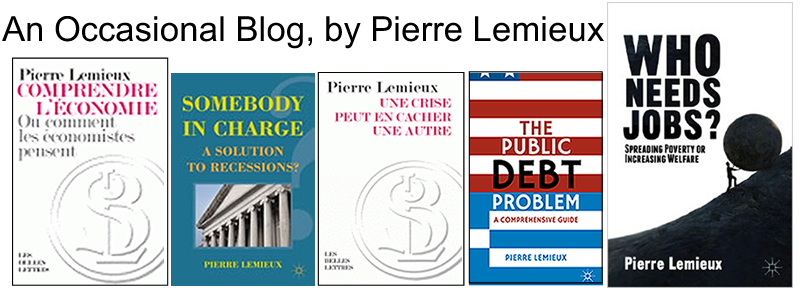“Many Florida Republicans sought a candidate who they thought could defeat President Barack Obama”, writes the Wall Street Journal tonight (on.wsj.com/yem4M5), “with significantly more voters who cited that as their top priority opting for Mr. Romney, according to exit polls.”
This is like saying, “many consumers bought tomatoes, citing their desire to have tomatoes recognized as the most consumed vegetable in the world”. No consumer would do this, knowing that his own purchase of tomatoes is not going to show in the statistics. Similarly, no rational voters would vote for a candidate in order to make a difference, which he would only do if, without his vote, another candidate would have been elected (on this, see my Regulation article “The Public Choice Revolution“).
Can voters be that irrational? Can each voter cast his vote to make a difference while knowing that he has never decided an election, and that nobody he knows ever has? Probably not. But they explain their motivation, which they don’t very well understand, with ready-made, senseless phrases. Talk is cheap.
